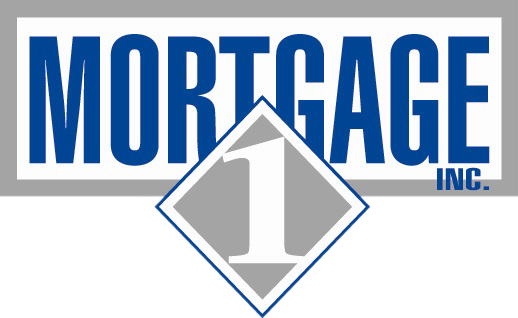
5 Ways to Improve Your Credit Score
August 18, 2022
The Truth About Reverse Mortgages
September 29, 2022The COVID-19 pandemic may be waning, but the financial toll is still high. Find out what help is available to Michigan homeowners who are struggling with the fallout.
It finally seems like the COVID-19 pandemic is fading into our collective rearview mirrors and we can start putting our lives back together. But even though the worst of the health effects may be receding, the economic effects are still continuing for many families – and the ones who have been hit the hardest are often the ones that can least afford it. In July 2022, 2,172 workers reported some lost income attributed to the pandemic. [Source: Bureau of Labor Statistics, July 2022 data table]
On February 14, 2022, the Michigan Governor’s office released a statement that the Michigan Homeowner Assistance Fund (MIHAF), was offering grants of up to $25,000 to help homeowners and others affected by the pandemic avoid foreclosure and other adverse financial effects. If you’ve lost income because of COVID-19, you might be eligible for some help. So let’s learn more about MIHAF.
| Mortgage 1 Is Here to Help If you’re looking for a new home loan or a refinance and you need help unraveling your finances, contact a Mortgage 1 expert today. They can help you determine which assistance programs will work for you. Call us at 1-866-532-0550 or use our Pro SNAP digital app to learn about your options! |
What Is MIHAF?
The Michigan Homeowner’s Assistance Fund is a program designed to relieve some of the housing-related hardships of income lost to the Coronavirus pandemic. It was funded to the tune of $242,812,277 by the American Rescue Plan Act of 2021. The Michigan State Housing Development Authority (MSHDA, the same agency that provides mortgage downpayment assistance) has been authorized to administer these funds.
Under MIHAF, homeowners can receive assistance of up to $25,000 per household. Any money received is paid directly to the bank, mortgage provider, utility company, etc. to which the householder owes money. Debts covered under this program include:
● Delinquent loan or mortgage payments.
● Escrow shortages.
● Overdue utilities or broadband internet service bills.
● Delinquent land contract or contracted park lot payments.
● Past-due association fees or property taxes.
● Insurance fees (i.e. for homeowner or mortgage insurance).
Who Is Eligible for MIHAF Assistance?
To qualify for MIHAF assistance, you must be:
- A homeowner that suffered qualified financial hardship due to the pandemic.
- This hardship started on or after January 21, 2020.
- Qualified financial hardship could be either wages lost due to COVID-19 or an increase in living expenses (i.e., for medical care or another COVID-related reason).
- You must own your home and use it as your primary residence.
- Your household income cannot be over 150% of the area’s median income.
More MIHAF Resources
If you’d like to find out more about MIHAF, please visit the following links:
You can apply for MIHAF funds online; assistance is available by calling 844-756-4423 or by emailing MSHDA-HO-HAF-Program@michigan.gov.
And remember that when financial difficulties arise, it’s always a good idea to talk with your mortgage lender. They may have programs that can help you stay in your home during this rough patch.





